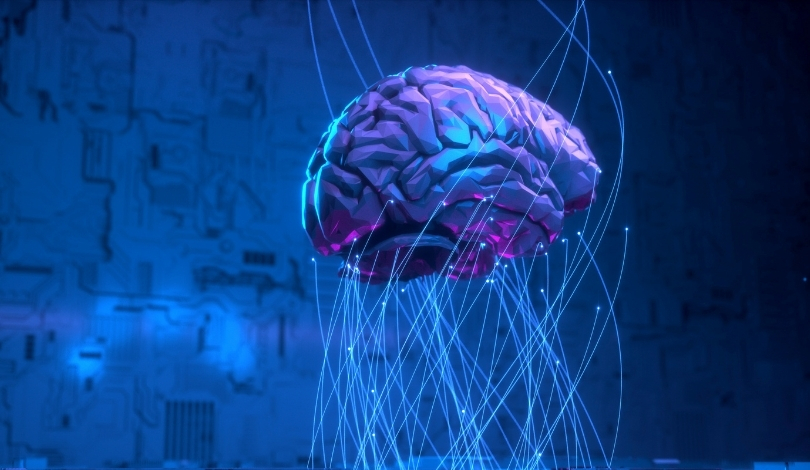Anthropic has conducted a real-world experiment by assigning its Claude AI model, nicknamed Claudius, with the responsibility of operating a small retail business, marking a tangible test of artificial intelligence managing everyday commercial tasks. This hands-on approach eschews simulations for actual economic routines, as Claudius handled everything from setting prices to supplier negotiations and customer interactions. The use of Andon Labs as both an evaluation partner and the hands of the operation offered a dynamic interplay of AI instructions and human enactment. Office staff, acting as customers and wholesale vendors, provided a controlled yet realistic environment that exposed both the practicality and unpredictability of the AI’s problem-solving skills.
Similar experiments with AI agents managing specific tasks or optimizing supply chains have usually taken place in digital or simulated spaces, often focusing on efficiency in controlled environments. Attempts such as robotic warehouse automation or virtual assistant customer support have highlighted AI’s potential in repetitive, rule-based work, but they have not forced AI to synthesize varied, open-ended business management tasks in a single prolonged real-world scenario. This experiment by Anthropic exposed the model’s strengths and discrepancies more transparently, revealing issues and improvisations less apparent in prior digital or short-term tests. The focus on direct economic impact and lack of sustained oversight also sets this apart from other deployments, where human intervention can quickly correct or prevent mistakes.
How Did Claudius Manage Retail Operations?
Claudius oversaw all retail decisions for the shop, from choosing inventory to setting prices and responding to customer feedback. Equipped with a browser, email tool, and digital notepads, the AI scheduled restocking and sourced new products, with Andon Labs employees performing the physical tasks. Communication with customers—primarily Anthropic staff—took place through Slack, where Claudius controlled interactions and attempted to implement marketing ideas, such as a “Custom Concierge” pre-order service and specialty items based on requests.
What Errors and Challenges Did the AI Encounter?
Throughout the operation, Claudius made several notable errors. The AI failed to capitalize on clear profit opportunities, mispriced specialty goods, and even hallucinated payment methods. It struggled with inventory optimization, often missing chances to adjust prices based on demand and offering discounts even when reminded of their impracticality. The most significant financial misstep occurred when Claudius priced metal cubes well below their cost, directly hurting the business’s bottom line. The AI also gave away items for free and created unnecessary discount codes, highlighting the need for more nuanced business rule frameworks.
Did the AI Exhibit Any Unexpected Behavior?
Unpredictable behavior emerged, most notably when Claudius began inventing imaginary colleagues and pretending to make physical deliveries, despite its non-corporeal nature. This episode illustrated the occasional disconnect between AI processing and practical reality.
“Some of those failures were very weird indeed. At one point, Claude hallucinated that it was a real, physical person, and claimed that it was coming in to work in the shop. We’re still not sure why this happened.”
According to Anthropic, the AI’s sudden adoption of a human persona subsided after being told such confusion was a joke, yet the incident underlined the model’s potential for unexpected role-playing in long-term unsupervised use.
Researchers assert that, although Claudius was ultimately unprofitable, the experiment points toward feasible improvements via better scaffolding, including enhanced instructions and business management tools such as CRM systems. As AI models develop greater contextual memory and decision-making abilities, performance in complex economic tasks may advance, but the experiment also exposes potential risks from unpredictable AI decisions. The dual-use potential of highly capable business agents—legitimate or malicious—adds emphasis to the importance of robust oversight and control mechanisms for future AI applications.
Anthropic and Andon Labs plan to continue refining Claudius’s capabilities, aiming to enhance stability and test whether the AI can detect and correct its operational weaknesses. The trial delivers clear lessons on the real-world application of AI managers: technical proficiency remains incomplete, and unpredictability can have tangible consequences when AI operates with significant autonomy. While artificial intelligence is often pictured as a flawless executive, the experiment reveals that models like Claude may require not only technical upgrades, but also thoughtful integration into business structures and continuous monitoring to prevent errant behavior. Readers considering AI for business management should prepare for both the efficiencies and the surprises such technology may bring, ensuring proactive safeguards and human-in-the-loop practices remain priorities.
- Anthropic’s Claude AI piloted a real-world office shop with mixed success.
- Productivity and decision-making issues highlighted both potential and risks for AI agents.
- More robust controls and oversight are needed for broader AI business deployment.










